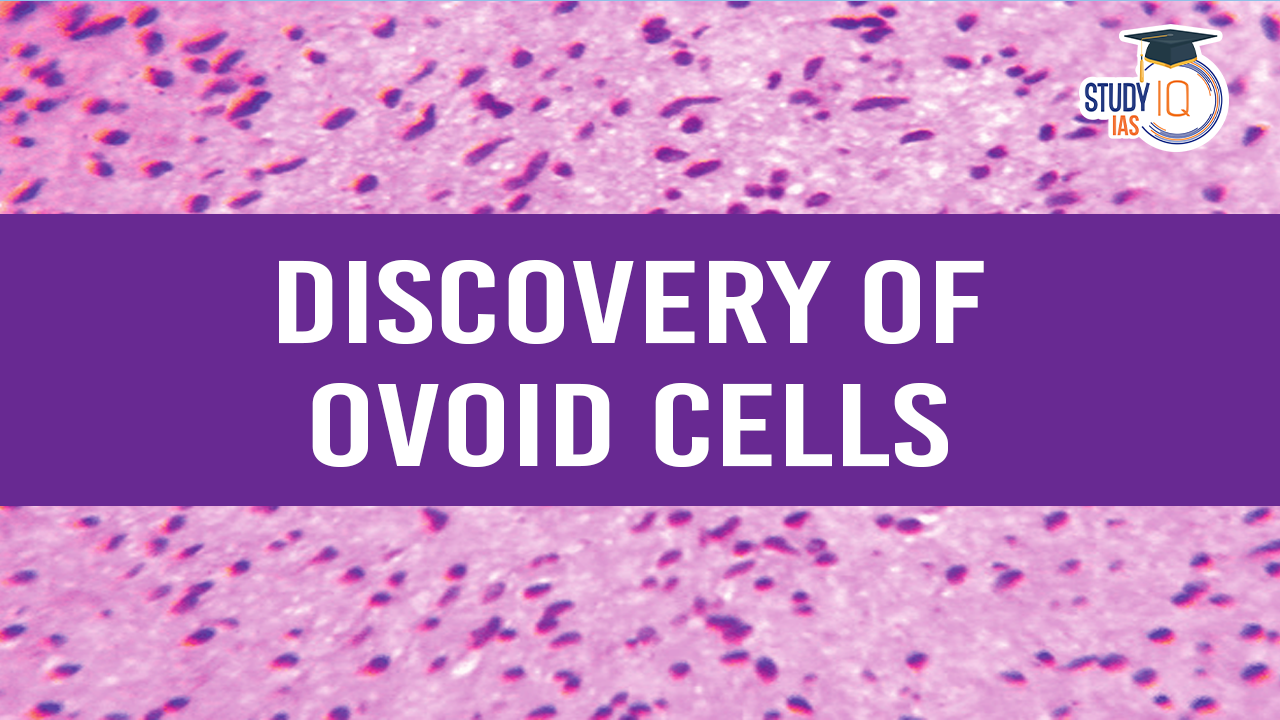Context: Researchers have identified a new type of neuron responsible for recognition memory, the brain’s ability to distinguish between new and familiar objects and form long-term memories.
About Ovoid Cells
- Ovoid cells are named for their distinct egg-like shape.
- They exist in relatively small numbers in the hippocampus of various mammals, including humans and mice.
- Ovoid cells become active when an individual encounters an unfamiliar object. This activation initiates the process of encoding and storing the object’s details in memory, enabling recognition even after an extended period.
- Object recognition memory is essential for daily functioning and survival, influencing behaviour and decision-making.
- These neurons exhibit unique gene expression profiles and neural circuitry, setting them apart from other hippocampal neurons.
Significance of Study
The discovery offers new insights into memory formation and could help treat brain disorders affecting object recognition, such as:
- Alzheimer’s disease.
- Autism Spectrum Disorder (ASD).
- ○ Epilepsy


 AI and its Regulation in India, Limitati...
AI and its Regulation in India, Limitati...
 Tuberculosis (TB), Symptoms, Causes and ...
Tuberculosis (TB), Symptoms, Causes and ...
 Silicon Photonics Enables Low-power AI A...
Silicon Photonics Enables Low-power AI A...





















